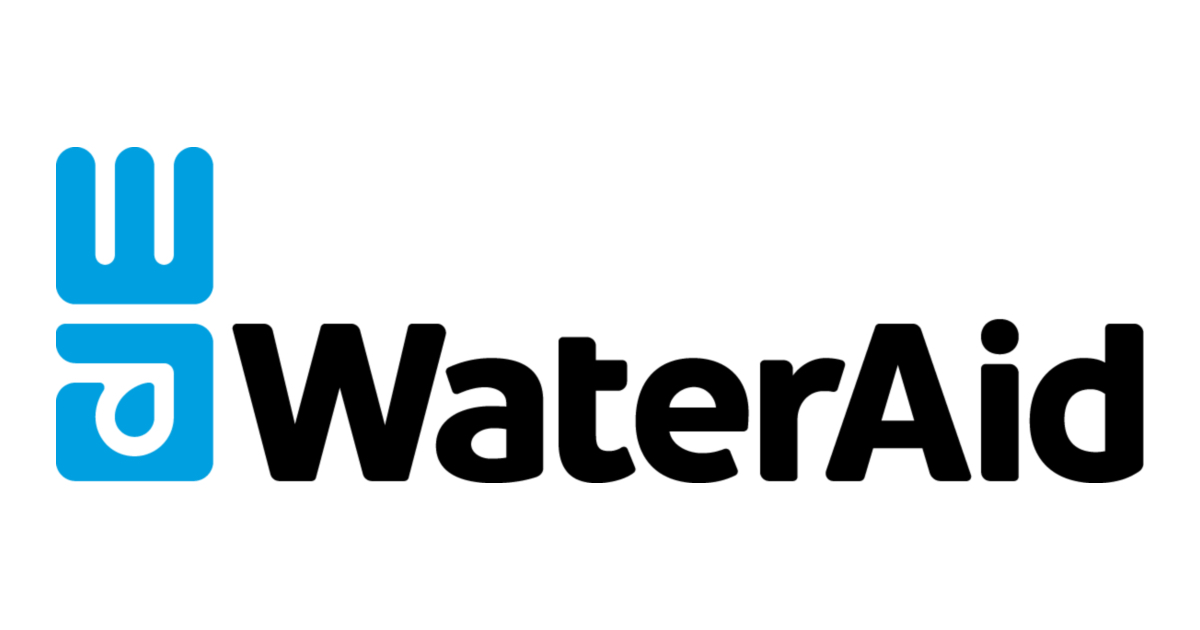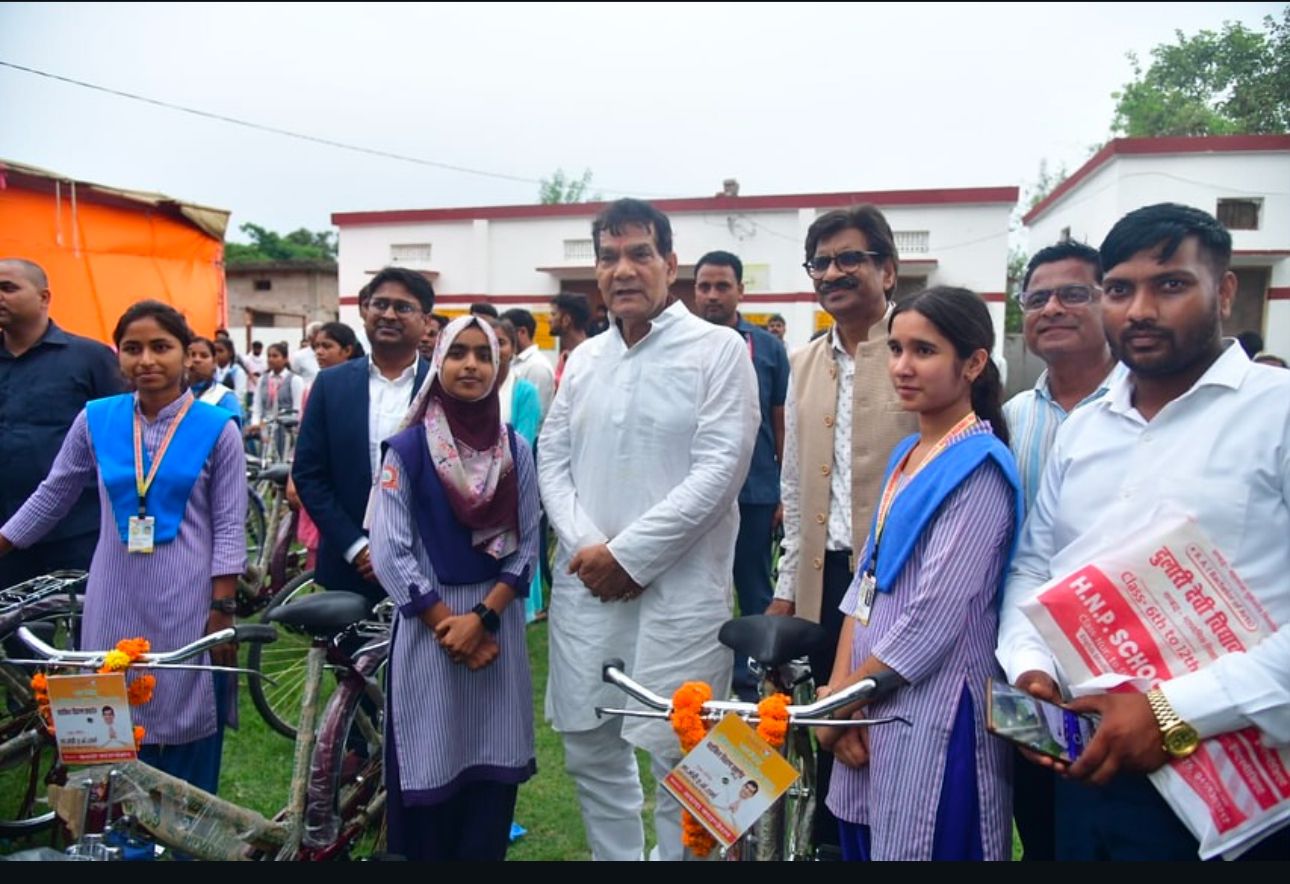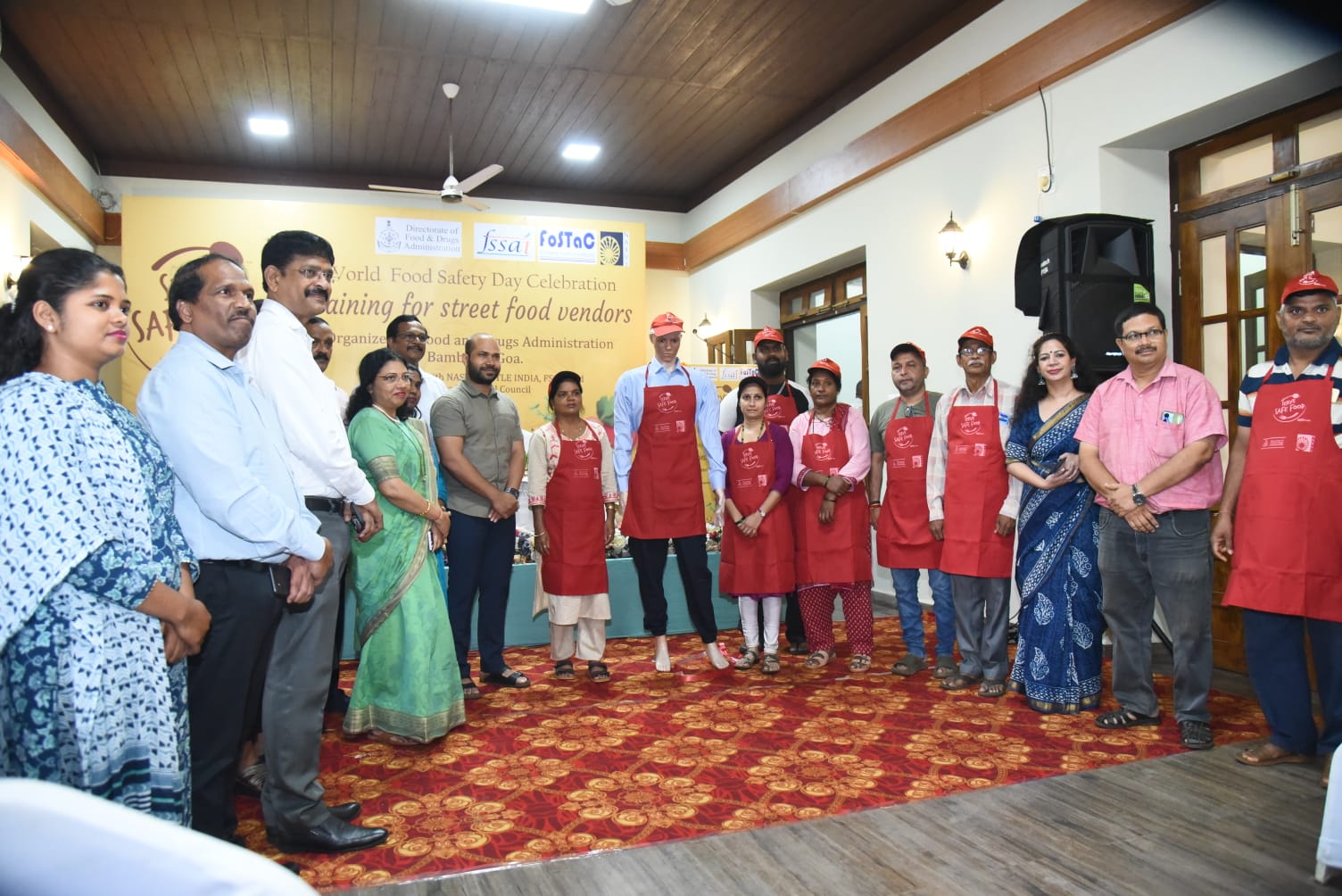Subscribe our Weekly Newsletter
RFP for a rapid pre-intervention assessment for EmpowerED and Manushi project

Organization: Centre for Catalyzing Change (C3)
Apply By: 27 Jun 2025
About the Organization
We are on a mission to equip, mobilize, educate, and empower girls and women to achieve gender equality.
We envision a future in India where girls and women are fully empowered and enabled to realize their rights and opportunities, and achieve gender equality.
Formerly known as the Centre for Development and Population Activities (CEDPA), established in 1987, C3 has almost four decades of experience engaging closely with girls, women, young people, families, communities, grassroot leaders and systems. Over the years, we have consistently worked to bridge gender, health, and education disparities at multiple levels, positively impacting the lives of girls and women at every stage of their lives.
About the Proposal
The EmpowerED project, proposed by the Centre for Catalyzing Change (C3), aims to empower adolescent girls in India through a comprehensive approach encompassing education, health, and skill development. This intervention will be implemented in six schools across three states—02 from Ranchi district in Jharkhand, 02 from Darang and 01 from Barpeta district in Assam, and 01 from Hyderabad in Telangana—over a period of three years (April 2025 – March 2028). The project seeks to address critical challenges including high school dropout rates, gender disparity in STEM education, adolescent health issues, and early marriage.
C3 is currently implementing a similar initiative under the Manushi project in two schools of one block, Bagnan, in Howrah district in West Bengal, targeting adolescent girls from classes 6 to 10, since May 2023. Each year, a new cohort of Class 6 girls is enrolled. In the current phase, the project has expanded to include girls in Classes 11 and 12. In this new phase of the project, C3 aimed to target young married couples in one village of Howrah district aiming to delay first pregnancies and promote healthy spacing between children—. A key distinction between the EmpowerED and Manushi projects is that the latter does not include STEM education Other programmatic elements across both projects remain largely similar.
Overall Goal: To empower school-going adolescent girls by equipping them with essential knowledge, life skills, and competencies to make informed career choices and lead healthy, fulfilling lives.
Key Components:
- Improved School Retention Among Girls: Providing targeted academic support to enhance school retention and reduce dropout rates.
- Improved Health, Well-Being, and Agency: Equipping adolescent girls with the knowledge and tools to make informed decisions regarding education, health (including SRH), marriage, and career choices.
- Enhanced Learning Outcomes Through Modern Pedagogy and STEM (EmpowerED Only): Promoting computational thinking, creativity, and adaptive learning through active engagement in STEM education.
- Supportive Ecosystems in Schools and Communities: Strengthening the capacity of schools and communities to provide a nurturing and enabling environment for adolescent development.
- Exposure to Employability Skills and Career Pathways: Enhancing students' understanding of career options and building their readiness for the workforce.
Objectives:
- Improve school retention and completion rates among girls.
- Enhance academic performance and learning outcomes through modern teaching methods and STEM (for EmpowerED only).
- Promote adolescent health and well-being, including SRH awareness.
- Build leadership skills and workforce readiness.
- Prevent early marriages and engage communities in adolescent development.
Programming Elements:
- Academic enrichment for academically at-risk girls.
- Scholarships for high-performing students.
- Health and wellness education, including menstrual hygiene management.
- STEM education through dedicated modules and teacher training (EmpowerED only).
- Leadership development and extracurricular engagement.
- Infrastructure upgrades, including smart classrooms and sustainable systems.
Expected Results:
- Increased school retention and reduced dropout rates.
- Enhanced awareness of health and well-being among adolescents.
- Improved participation and performance in STEM subjects.
- Strengthened understanding of employability and career options.
- Stronger community support and greater environmental sustainability
Purpose of the Pre-Intervention Assessment:
As part of the project design, a comprehensive pre-intervention assessment will be conducted to establish baseline data for key indicators aligned with the project’s logical framework. The findings will not only guide implementation planning but also support measurement of impact by enabling comparisons at baseline, midline, and endline stages. The assessment will be conducted in selected schools under both EmpowerED and Manushi projects. Based on the results, project components may be refined or expanded.
Objectives of the Pre-Intervention Assessment:
- Assess the knowledge levels and issues faced by adolescent girls regarding education, health, well-being, and career pathways.
- Understand teachers’ perceptions of their role and the school’s role in supporting adolescents.
- Evaluate the readiness of schools to address the challenges faced by adolescents.
- Identify opportunities for schools to foster a supportive ecosystem in both school and community settings.
- Assess the influence of modern pedagogy and STEM activities on creative, conceptual thinking and adaptive learning skills (EmpowerED only).
Evaluation Design and Methodology:
The assessment will adopt a mixed-methods approach, utilizing both quantitative and qualitative tools. The agency should provide the sampling design and budgets accordingly:
- Quantitative Component: Structured surveys with adolescent girls to establish benchmarks for key indicators across all eight schools (across both projects). Sample size recommendations can be proposed by the selected agency (preferable quasi experimental design).
- Qualitative Component: Conducting Focus Group Discussions (FGDs), In-depth Interviews (IDIs), and Key Informant Interviews (KIIs) with key stakeholders— students, teachers, parents, and community members—to provide deeper insights into the issues and context.
Call for Proposals:
C3 invites research agencies to submit proposals for conducting the pre-intervention assessment in selected schools. The assessment will focus on establishing baseline information related to student learning, school infrastructure, health awareness, and community engagement, which will inform the final implementation strategy.
Scope of Work for the Agency:
The selected research agency will be responsible for conducting a comprehensive preintervention assessment aligned with the goals, components, and indicators of the EmpowerED and Manushi projects. The key responsibilities include:
- Assessment Design: Finalize the assessment design in consultation with C3, ensuring alignment with project commitments, expected outcomes, and impact.
- Tool Development and Translation: Develop, translate (into Hindi/state specific language), and finalize assessment tools tailored to the geographical contexts and project requirements while adhering to C3’s quality standards.
- Recruitment and Training of Enumerators: Identify, recruit, and train enumerators, ensuring a shared understanding of the assessment objectives, research tools, sampling protocols, and quality assurance mechanisms. At least 80% of enumerators must be women, given the focus on adolescent girls.
- Quality Assurance: Design and implement robust quality control protocols to ensure accuracy and reliability of data collection, analysis, and reporting. Share these protocols with C3 prior to fieldwork.
- Supervision and Data Management: Execute supervised data collection with sufficient human resources, clearly defined supervision plans, and protocols for data entry, cleaning, and validation. • Data Presentation: Compile and present qualitative and quantitative data in digital formats that are easily accessible and transferrable to C3.
- Reporting and Finalization: Agree on the reporting framework with C3; submit draft assessment reports and conduct separate presentations for EmpowerED and Manushi. Incorporate feedback from C3 into the final reports.
- Ethical Compliance: Approval from Institutional Review Board (IRB) for the preintervention assessment.
Support Provided by C3:
C3 will offer the following support to the selected agency:
- Provide list of participants in the implementation blocks
- Participate in the training of investigators.
- Support to monitor the data collection processes.
- Guide and assist in preparing analysis plan, tabulation and report writing.
- Review and provide feedback on report.
Deliverables:
The final products submitted by the agency towards the successful completion of this assignment would include:
- Translated and finalized tools used in the pre-intervention assessment
- Report on the training of investigators, team composition and data quality checking
- Cleaned data sets in MS Excel and SPSS formats, including two sets of entered data, error data logs, and syntax used in analysis (both qualitative and quantitative).
- Tabulation and analysis plans (qualitative and quantitative), approved by C3.
- Indicator-wise FACT sheets o Presentation of the Pre-intervention assessment methodology and results
- Draft assessment reports for EmpowerED and Manushi, submitted separately.
- Final assessment reports after incorporating C3’s feedback, in the agreed format. o Lessons learned and recommendations.
Eligibility
Agency Requirements Agencies applying for this assignment must meet the following criteria:
- Quantitative Experience: Demonstrated experience in large-scale quantitative surveys, preferably with adolescent populations.
- Qualified Enumerators: Ability to recruit qualified female interviewers (minimum 80%). Enumerators should be fluent in Hindi, English, and relevant regional languages.
- Qualitative Expertise: Proven expertise in designing and implementing qualitative assessments using participatory tools and methodologies.
- Subject Knowledge: Demonstrated experience in adolescent-focused studies, particularly in areas such as mental health, the Rashtriya Kishor Swasthya Karyakram (RKSK), and the School Health and Wellness Program.
- Facilitation Capacity: Ability to deploy skilled facilitators who are fluent in regional languages and trained to handle sensitive adolescent-related topics.
How to Apply
Interested technical agencies should share the technical and financial proposal and the agency's credentials with procurement@c3india.org by 5.30 pm on/before 27th June 2025.
For more information please check the Link
Join us for the 12th Edition of India CSR & ESG Summit 2025 | Register Now
Latest Online Store
Latest Grants
Latest News
© Renalysis Consultants Pvt Ltd



























